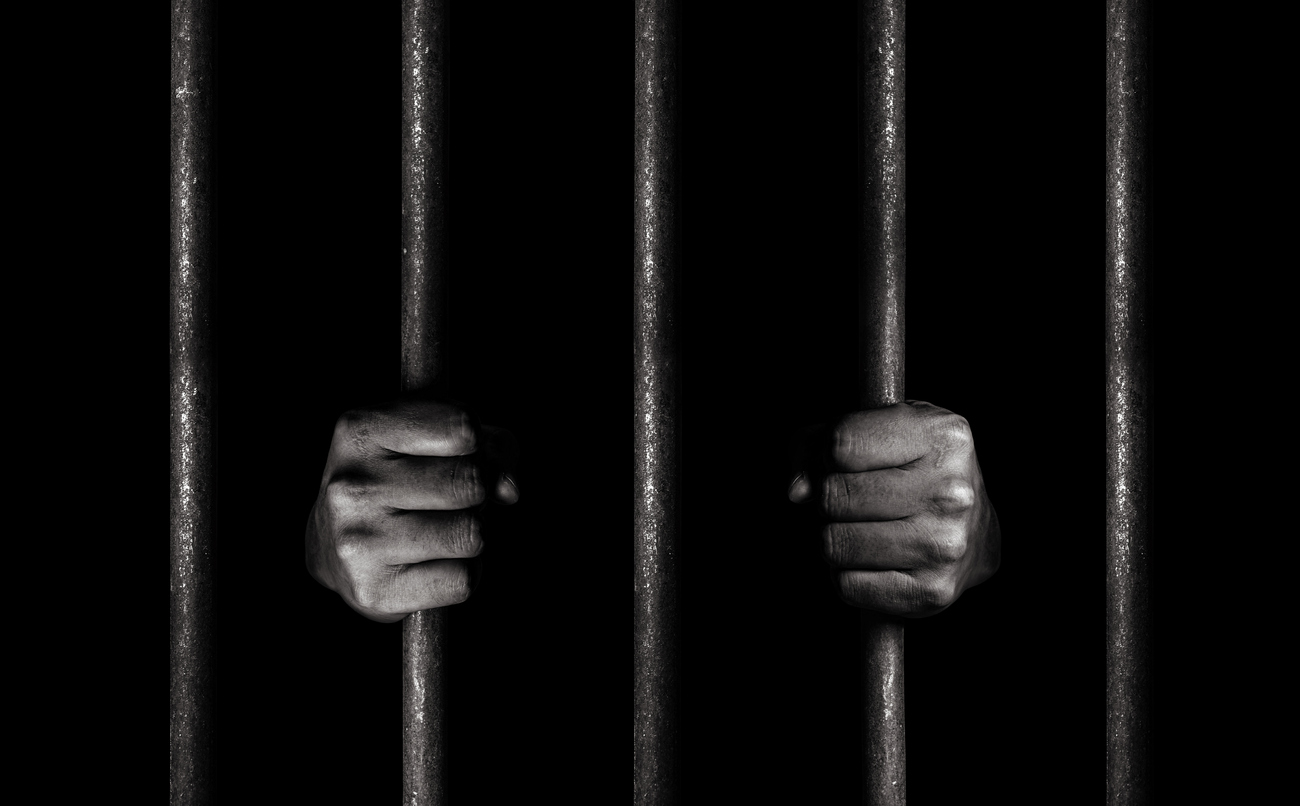- Wednesday, April 24, 2024

By: Chandrashekar Bhat
SIX years after Islamabad conveyed to New Delhi about 17 “mentally unsound” Indians languishing in Pakistan jails, efforts to confirm their identity have not yielded any result despite India’s home ministry putting up their photos on its official website and seeking assistance from the general public.
The imprisoned Indians have completed their sentences, but due to non-confirmation of their nationality, they could not be repatriated to India, an official said.
Among the 17 prisoners in Pakistan who are believed to be Indians, four are women and were named as Gullu Jan, Ajmeera, Naqaya and Hasina by Pakistani authorities.
The others are Sonu Singh, Surinder Mahto, Prahalad Singh, Silrof Salim, Birju, Raju, Bipla, Rupi Pal, Panwasi Lal, Raju Mahouli, Shyam Sunder, Ramesh and Raju Rai.
They have not been able to disclose any other particulars about them, including the names of their parents or relatives or address in India, due to their mentally unsound condition,” a notification of India’s home ministry said.
In 2015, Pakistan informed India about the 17 Indians lodged in their jails and said they have completed their terms, but could not be sent back home as they were unable to recall their whereabouts since they are “mentally unsound”.
As Pakistan could not get details of their background, the Indian High Commission in Islamabad was then given special consular access to these prisoners hoping to make breakthroughs.
The High Commission sent the pictures of all the prisoners to India’s external affairs ministry to trace their family members.
“Since then, we have put their photos on the MHA (home ministry) website but so far no clue has been received from anyone,” a home ministry official said.
Many of them seem to be old in the pictures provided by Pakistan.
There are Indian and Pakistani prisoners in each other’s jails and the two countries share the list of their inmates twice every year. Despite tensions in bilateral relations, the two countries have been exchanging the lists of prisoners without any break over the years.
![]()